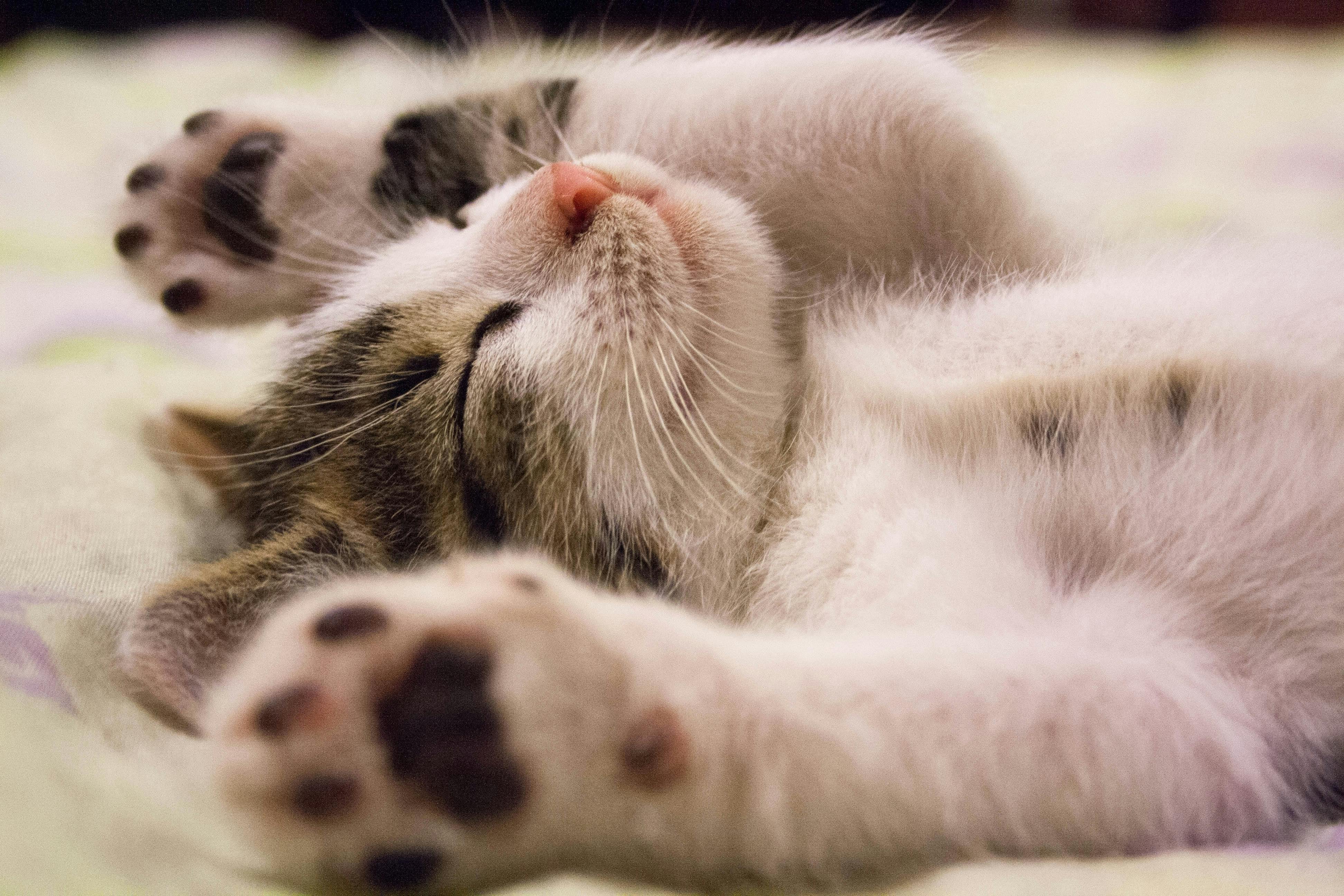Cats are famous for their love of napping, but have you ever wondered if your feline friend is snoozing more than normal — or maybe not enough? Understanding your cat’s sleep patterns is essential to spotting potential health issues early. Here’s what to watch for and when to be concerned.
How Much Sleep Is Normal?
Most healthy adult cats sleep between 12 and 16 hours a day, while kittens, seniors, and very active cats may even clock up to 20 hours. This rest helps them recharge for bursts of play and hunting instincts. Knowing what’s typical for your cat is the first step to identifying any changes.

When Too Much Sleep Is a Red Flag
If your cat suddenly starts sleeping far more than usual and seems hard to wake, it could signal an underlying problem. Illness, pain, stress, or even depression might be to blame. Always consult your vet if your cat’s sleep seems excessive and comes with changes in appetite or energy levels.
Signs Your Cat Isn’t Sleeping Enough
On the flip side, a cat that’s restless, pacing, or meowing all night might be struggling to get enough sleep. Causes can include anxiety, hyperthyroidism, pain, or cognitive issues in older cats. Watch for other behavioral changes and talk to your vet if poor sleep persists.
Creating a Healthy Sleep Environment
You can help your cat rest better by providing a cozy, quiet sleeping spot away from loud noises and activity. Regular playtime and feeding schedules also help stabilize their sleep cycles. Remember, a calm and enriched environment supports healthy, restful feline sleep.

When to Call the Vet
If you notice sudden or extreme shifts in your cat’s sleep, it’s always wise to check with your veterinarian. Sleep changes can be one of the first clues that something’s wrong. A quick health check can rule out serious problems and help your cat get back to those peaceful catnaps.